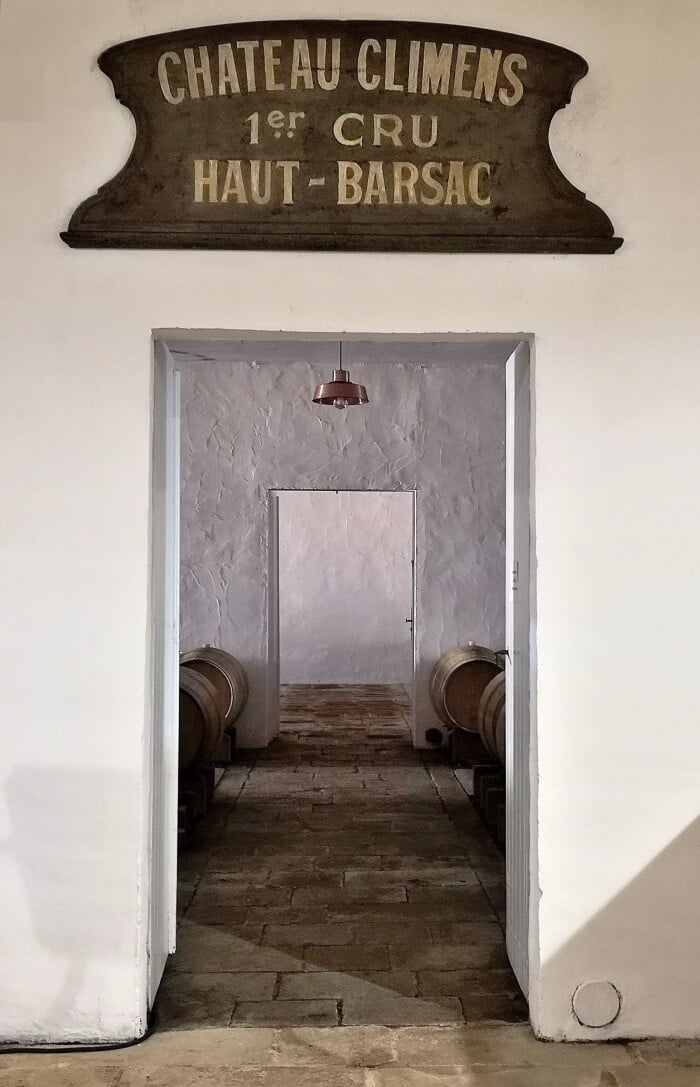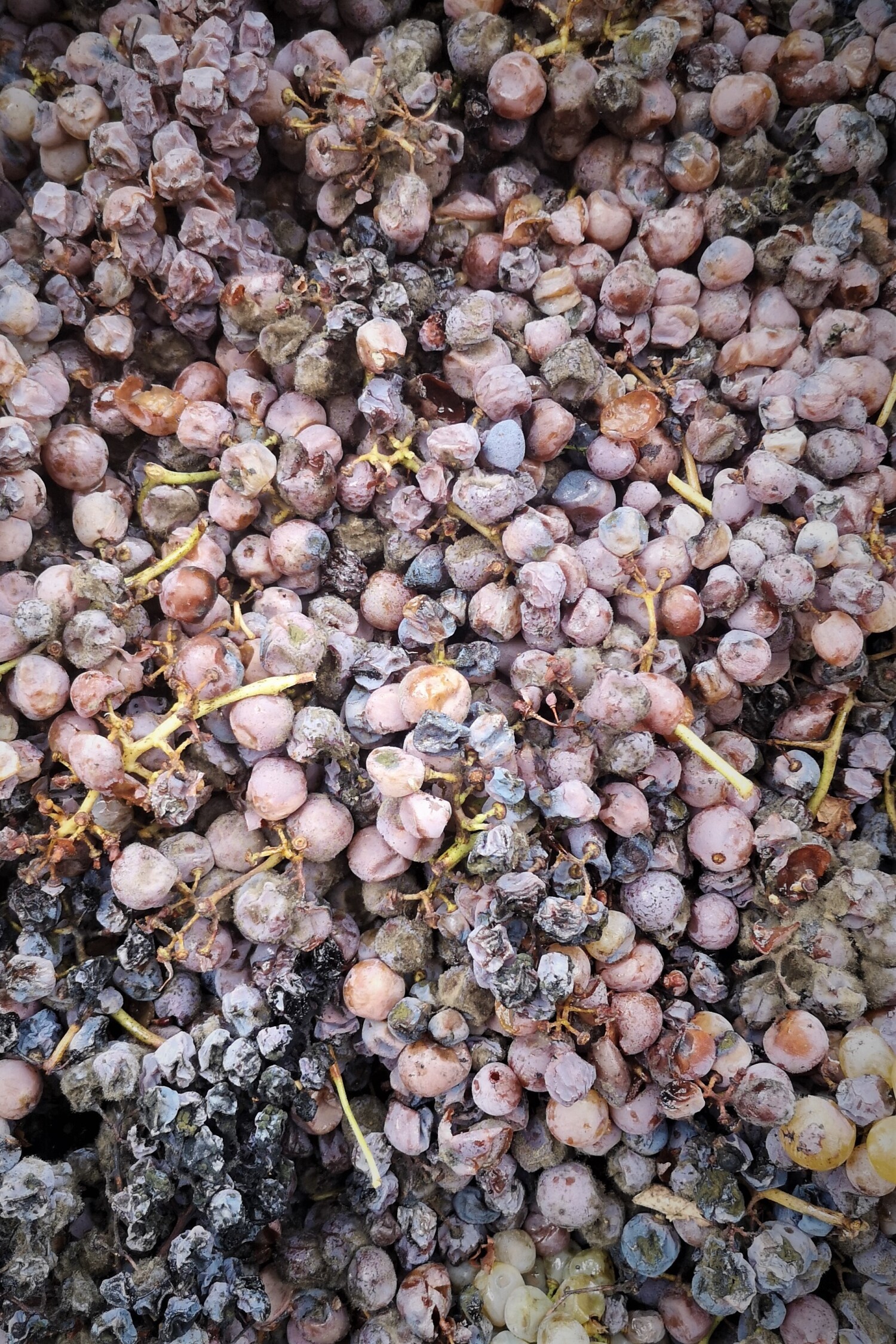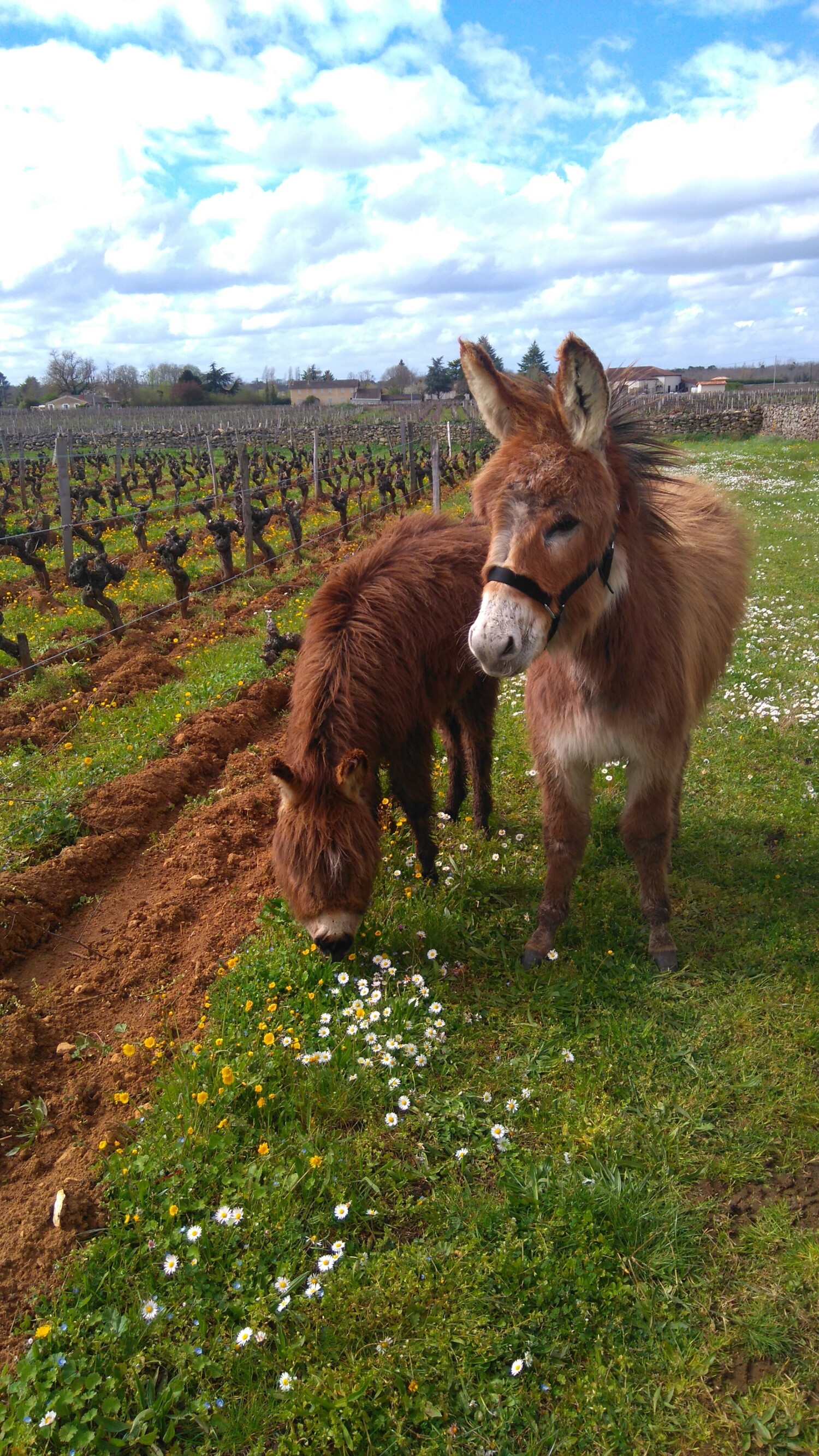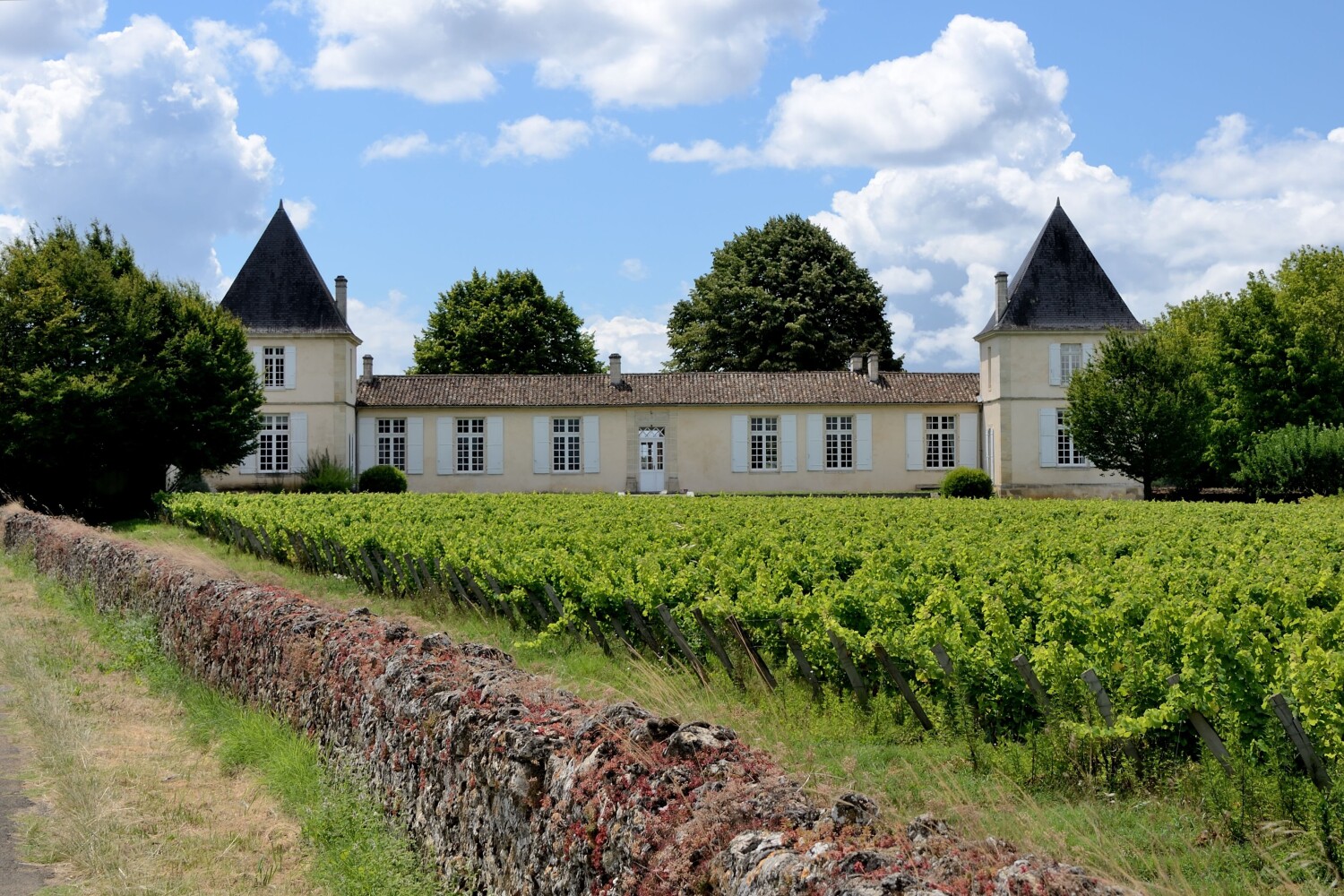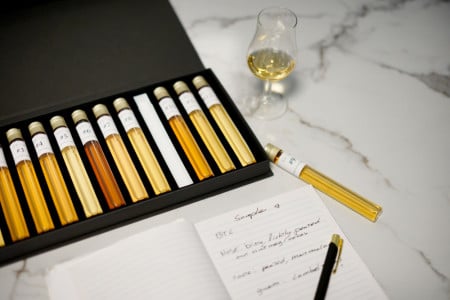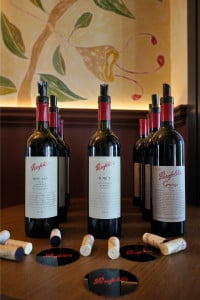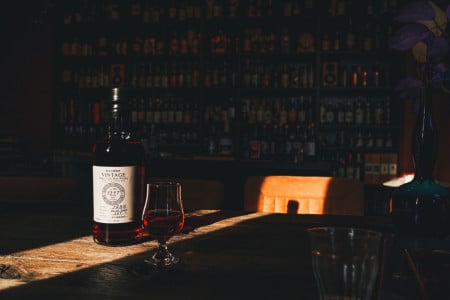Was it clear from the outset that you would oversee Château Climens?
When we started the acquisition process, I wasn't planning to take over the management of the estate, but when we discovered Climens, it very quickly became clear. I'm a fervent defender of terroirs, convinced that they are essential if you want to make great wines. Discovering the terroir of Climens and the freshness it gives to its wines quickly convinced me that we have superb potential to make great white wines, whether they be sweet, like our1er cru classé, or dry, like Asphodèle since 2018, and Lilium and Petite Lily since our arrival.
How did you prepare for your job?
I didn't study wine, but I did study science and engineering. I've been passionate about wine for over thirty-five years. I've tasted a lot, belonged to a wine-tasting club and discovered many vineyards and winemakers on visits. I'm also a keen reader and I've learned a lot from what I've read. Curious by nature, I also discovered the challenges of organic and biodynamic viticulture, at a time when these practices were little known and poorly understood. So I was able to develop my own vision of wine and, through my professional practice, I was also able to develop marketing and management skills, as well as the ability to work with technical experts, which today enables me to lead the fantastic Climens team.
Can you still remember your first days at Château Climens?
Yes, absolutely. It was on the first day of my new job that we acquired the first Wineglobes, the glass containers that enabled us to take a big step forward and develop our great dry white wine, Lilium. We were visiting a technical supplier to discuss their solution for protecting the vineyards against frost; this was my top priority when I took up my job, as we absolutely had to be prepared for the winter and avoid the setbacks of previous years (3 vintages without production due to frost). We took the opportunity to see this distributor's Wineglobes. And after a few tests, it turned out to be a major discovery for the ageing of our great dry white wine.
How much has your consumption of Sémillon increased in recent years?
Drastically, because I used to drink very little, if any, Semillon. I've discovered a very interesting grape variety, which can be exceptional but which needs special conditions to express itself fully. In Bordeaux, it is often blended with Sauvignon, losing its authentic, rich aromatic expression to the sharper Sauvignon. Thanks to our exceptional terroir, with the presence of the limestone slab of the Haut Barsac plateau in the soil, we can fully express Sémillon.


